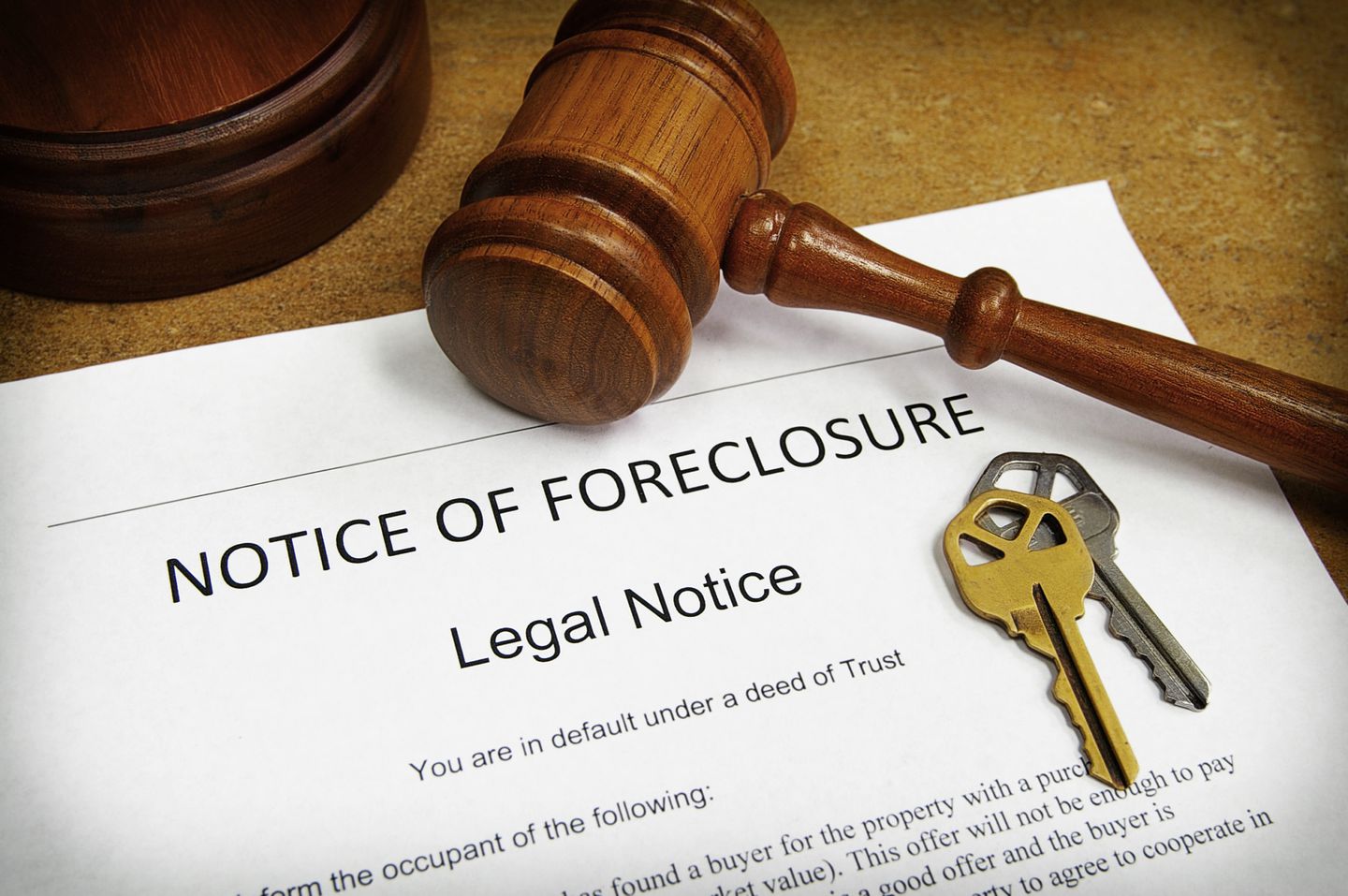
These are undeniably tough economic times for most Americans. Job loss is at an all-time high and while there is a temporary moratorium on evictions and foreclosures, that may not be the case for much longer. If you have fallen behind on your mortgage and are thinking about applying for a loan modification, short sale, or deed in lieu of foreclosure, then you’ll most likely need to write a hardship letter to your lender. But don’t panic, it is easier than you think.
This is uncharted territory for most homeowners. It is understandable that you may have some questions regarding the foreclosure process and how to successfully apply for a loan modification. While writing a hardship letter sounds like a daunting task, it doesn’t have to be a painful process. The one thing to remember is to remain sincere. Here we’ll go over what a hardship letter actually is and how to write one like a pro.
Foreclosure Hardship Letter: Questions Answered
Protecting your assets during turbulent financial times is a top priority. Contrary to popular belief, banks and lenders are eager to work with homeowners to renegotiate the terms of their mortgages.
What is a Hardship?
Simply put, a hardship is a situation or circumstance that is out of your control and ultimately resulted in you falling behind on payments or defaulting on your mortgage. For instance, losing your job due to a pandemic. That is absolutely out of your control. There are, however, a whole host of valid reasons that lenders will take into consideration if you are attempting to renegotiate the terms of your home loan.
Here are examples of hardships that may make you eligible for a loan modification:
- Job loss
- Forced unemployment
- A change to your adjustable rate mortgage or is it has reset
- Reduced income due to pay cuts, furlough, or having to take a lesser paying job
- A decrease in the total household income due to your partner being out of work
- Illness
- Medical emergency
- Divorce or separation
- Marital woes
- Death in the family, especially for that of the breadwinner
- Military service
- Incarceration
- Extreme debt
- Unexpected catastrophes, force majeure
Keep in mind that these are only the leading examples of hardships and don’t represent the full scope of valid reasons why you may have fallen behind on your home loan. Be sure to consult with an experienced foreclosure attorney to understand if you are experiencing a hardship that would qualify for loan forgiveness or modification.
What is a Hardship Letter?
When applying for a loan modification, short sale, or deed in lieu of foreclosure, your lender will require that you submit a hardship letter to explain why you have fallen behind on mortgage payments. This acts as a written legal document that briefly outlines the extenuating circumstances, or hardships, that resulted in you defaulting on your home loan. A hardship letter is required for all government loan modification programs as well.
The reason for a hardship letter is so that your lender can ascertain the validity of your financial shortcomings. Your responsibility is to adequately state your case, so that your lender can consider you for loss mitigation. Loss mitigation pertains to the steps mortgage lenders take to help the homeowner avoid foreclosure while also mitigating the loss to the investor.
There are also instances that the lender may request you fill out a hardship affidavit or statement, rather than a hardship letter. The only difference is that it is more of a form, rather than a free-flowing letter written entirely by you. Be sure to check with your lender to see what approach they would prefer when applying for a loan modification. Sometimes it could be a combination of both to satisfy the lender’s needs.
How to Write a Hardship Letter & What to Include
Remember, the best hardship letters are brief. As easy as it is to get impassioned and carried away, don’t elaborate too much. Exclude tall tales and stick to the facts of your financial situation. Spell out, in uncertain terms, the hardships you are currently facing and recent life changes that have made it impossible for you to meet the terms of your mortgage.
Put on your negotiating hat and include reasons why a loan modification will result in you becoming current on your mortgage. After all, the lender wants to be reassured that this consideration will ultimately result in them getting paid back.
Include all relevant documents, such as pay stubs, tax returns, bank statements, past mortgage statements, any credit card debt, or credit card payments you have made prior to falling on tough economic times.
Examples of relevant documents include:
- Total monthly gross income of your household
- Recent income tax return
- All savings and other real estate assets, if applicable
- Information about any second mortgage or
- Home equity line of credit on your property
- All bank account balances
- Minimum monthly payments on credit cards
- Any collections on credit cards
As always, if you have any questions, it is best that you contact a professional foreclosure attorney or legal advocate to help you navigate the complicated waters of loan forgiveness and foreclosure. In most cases, they will offer some advice on how to proceed. Don’t rule out hiring an attorney to negotiate with a lender on your behalf.
CONTACT OAKTREE LAW TODAY TO SPEAK TO A FORECLOSURE ATTORNEY
OakTree Law is open for business during the COVID-19 crisis. If you’re in need of an experienced real estate attorney and #QuarantineLife has left you in limbo, reach out to us now. We’ll help explore your options, determine the kinds of payments you can afford, and whether alternatives to foreclosure may be available to you. Call us at 888-219-0654 for a free phone consultation today!